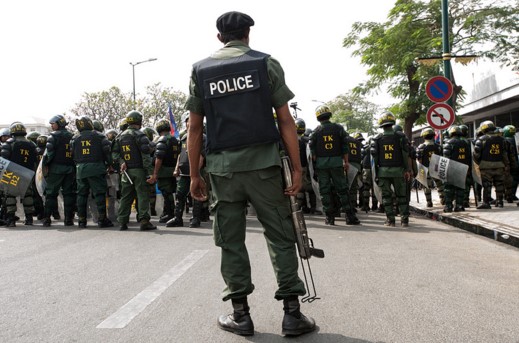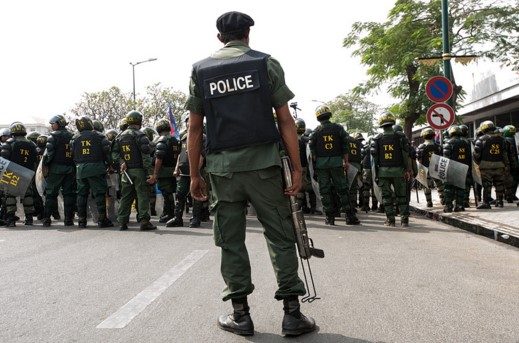
Photo: Luc Forsyth on flickr.
The principle of parliamentary immunity is being eroded in Cambodia, but only for one side of politics.
Parliamentary immunity is enshrined in Article 80 of the 1993 Cambodian Constitution, which states that members of the National Assembly can only be prosecuted, arrested or detained with the approval of two-thirds of the National Assembly.
The Constitution provides one narrow exception to this rule: negating the necessity for a vote if a parliamentarian is caught in the act of committing a crime, more commonly referred to by the Latin term: in flagrante delicto.
While the colourful language of the exception makes it sound like MPs have to be found in bed with someone else’s wife to be found guilty of a crime, in practice the immediacy of being ‘caught in the act’ has been eroded over the past 12 months. Indeed, the exception is fast becoming the norm.
Votes to remove the immunity of opposition senators were a common feature of Cambodian politics prior to the 2013 elections, when the ruling Cambodian People’s Party (CPP) had the necessary numbers in the Assembly to guarantee success at every vote. However, at the elections the CPP won only 68 of the Assembly’s 123 seats, and since then they have had to be more creative in order to charge members of the opposition.
The first test of the in flagrante delicto exception took place last August, when Sam Rainsy Party Senator Hong Sok Hor was arrested days after posting a photo of an allegedly falsified 1979 border treaty between Cambodia and Vietnam on his Facebook page. The Senator was charged with forgery and incitement without any vote to strip him of his immunity, and currently remains in pre-trial detention after several attempts to be granted bail were denied.
History repeated itself just after midnight on Monday 11 April, with the arrest of Cambodian National Rescue Party (CNRP) senator Um Sam An. The senator had just returned from five months of self-imposed exile, and mere hours after his arrival he was arrested for “incitement to commit crimes causing turmoil” and “incitement to discrimination” over posts he made on Facebook last year claiming the government was had ceded border territory to Vietnam.
Authorities argue that, although Um Sam An’s offending posts are now months-old, the fact that they remain on the internet means that he is perpetually “in the act” of incitement, a position that Prime Minister Hun Sen backed up on Tuesday.
This absurdly open reading of the constitutional exception in essence renders parliamentary immunity meaningless. It is particularly concerning considering the current political climate in Cambodia, which has recently seen numerous arrests over posts made on social media.
Last month a 25-year-old student was sentenced to 18 months in Phnom Penh’s notorious Prey Sar prison for calling for a “colour revolution” via Facebook. He is just one of seven arrested over online comments between August 2015 and March 2016 according to the Cambodian Center for Human Rights.
With commune elections scheduled for next year and a federal election in 2018, it seems unlikely that the government will relent in its pursuit of troublesome members of the opposition.
The implication for CNRP-leader Sam Rainsy, who has been living in exile in France since November 2015, is clear. Rainsy currently faces a number of separate charges of defamation over posts he made on Facebook last year. Sam Rainsy has not retracted the controversial statements, leading his party from a distance. However his absence has nonetheless undermined the strength of the opposition in the critical lead-up to the elections in 2018.
The abuse by the government of the in flagrante delicto exception undermines the very principle of parliamentary immunity, and is a clear indication of Prime Minister Hun Sen’s return to rule by ‘lawfare’. In a country with a hugely active Facebook culture, the potential for arrests based on posts made in years gone by and subsequently forgotten is alarming to say the least.
Ana McKenzie is a pen name. The author is a long-time observer of Cambodia.
 Facebook
Facebook  Twitter
Twitter  Soundcloud
Soundcloud  Youtube
Youtube  Rss
Rss 